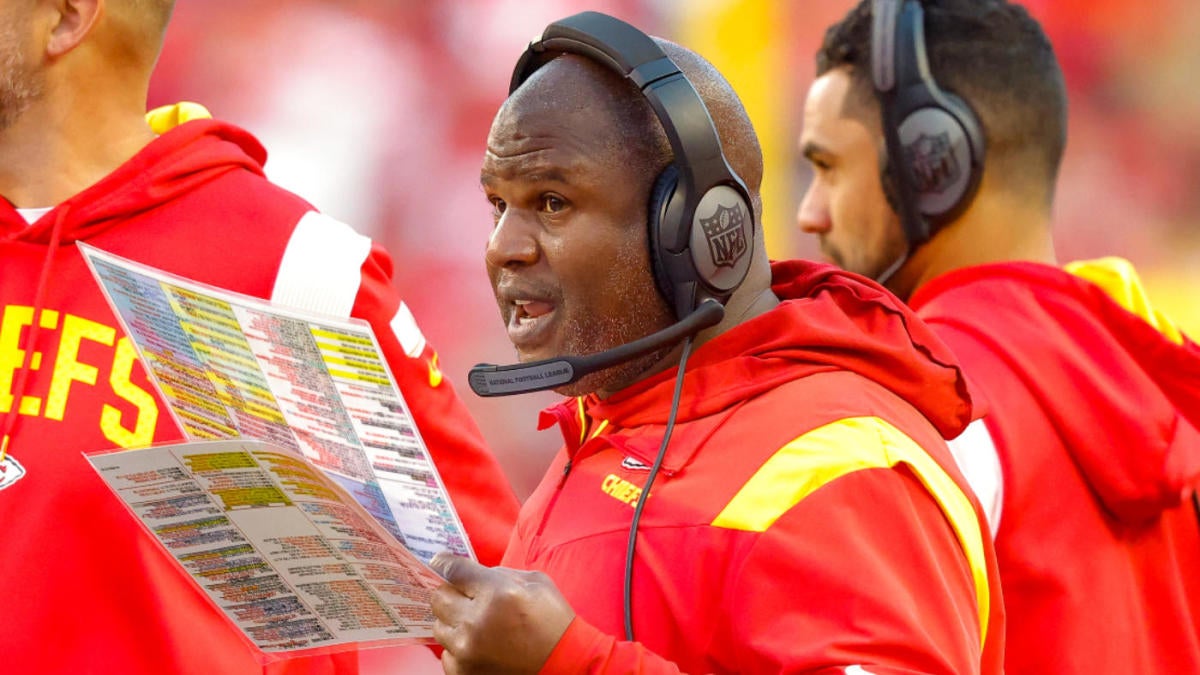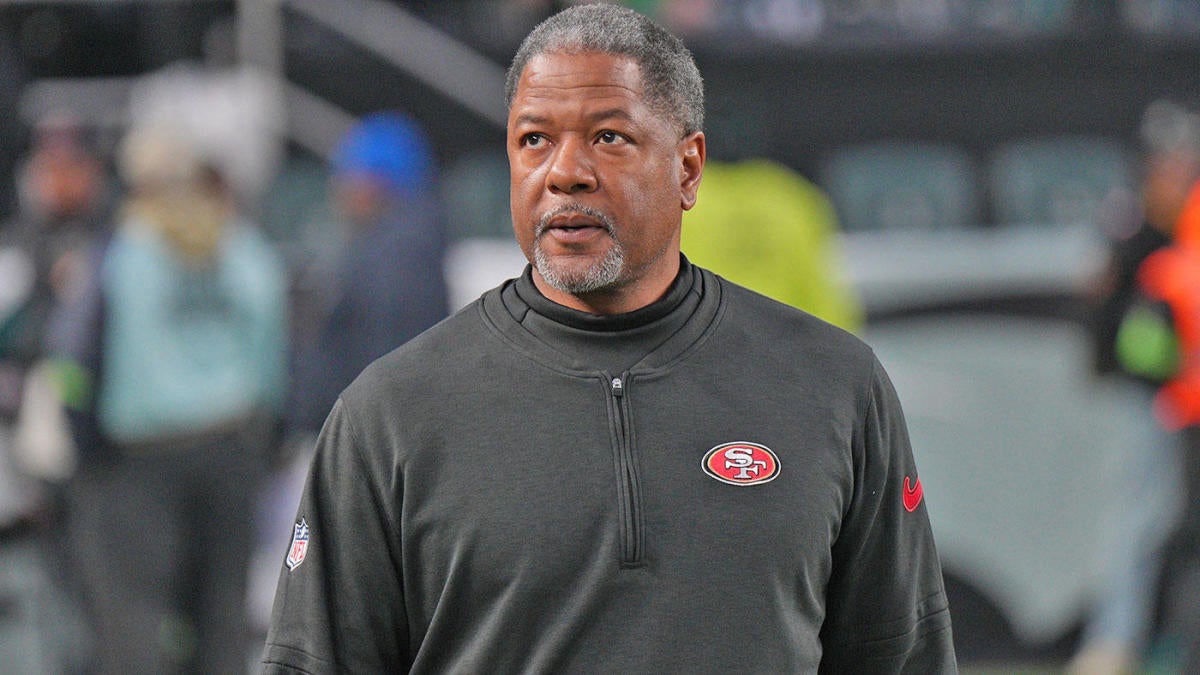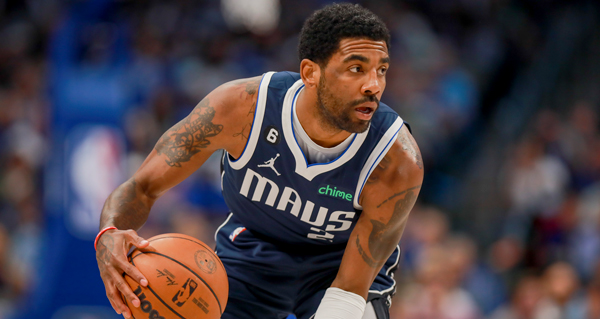
Many student-athletes face this challenge, as they juggle practice, games, and competitions with coursework, homework, and exams.
However, balancing sports and studying is not impossible. With the right mindset, strategies, and support, you can succeed both on the field and in the classroom. In this article, we’ll share some tips and tricks to help you achieve this balance and thrive as a student-athlete.
Plan Ahead
One of the most important tips for balancing sports and studying in college is to plan ahead. This means creating a schedule or a routine that allows you to prioritize your time and tasks effectively.
Some tips for planning ahead include:
- Use a planner or a calendar to keep track of your schedule, deadlines, and events.
- Schedule your study time around your sports activities and commitments.
- Break down big assignments or projects into smaller, manageable tasks.
- Set realistic goals and deadlines for yourself, and hold yourself accountable to them.
By planning ahead, you can avoid last-minute cramming, reduce stress, and ensure that you’re making progress towards your academic and athletic goals.
Responsible attitude to Homework
Homework is important since it affects school performance. Students can reinforce and learn more about a subject by doing their assignments on time and effectively.
Homework teaches students time management, self-discipline, and critical thinking. Students should organize their resources and schedule, break down large assignments into smaller ones, and seek for help when needed to make homework easier. These strategies can help pupils improve their assignments and attitude.
Psychology is one of the subjects that can be particularly difficult for students who have never encountered it before. It requires a lot of theoretical knowledge, as well as practical skills, which makes it quite challenging to grasp. As a result, many students struggle with their psychology homework assignments.
They may have trouble understanding complex concepts or applying them to real-life situations. Fortunately, there are services like AssignmentBro that specialize in providing help with various types of assignments, including psychology homework. By using these services, students can find psychology homework helper who can provide them with the support they need to succeed in their studies.
Stay Organized
Another important tip for balancing sports and studying in college is to stay organized. This means keeping your workspace, notes, and materials tidy and accessible, so you can focus on your work without distractions or delays.
Some tips for staying organized include:
- Use folders, binders, or digital tools to store and organize your notes, assignments, and resources.
- Keep your workspace clean and clutter-free, with only the essentials you need for studying.
- Set up a system for tracking your progress and staying on top of your tasks and deadlines.
- Use apps or tools that can help you stay organized, such as a to-do list or a time tracker.
By staying organized, you can save time, reduce stress, and be more productive and efficient in both your academic and athletic pursuits.
Manage Your Time Wisely
Balancing sports and studying in college requires effective time management skills. This means prioritizing your time and tasks, and making the most of the hours you have available.
Some tips for managing your time wisely include:
- Prioritize your most important tasks and activities, and focus on them first.
- Use your downtime (such as breaks between classes or practices) to study or work on assignments.
- Avoid procrastination by starting assignments or studying early, rather than waiting until the last minute.
- Take breaks and rest when you need to, to avoid burnout and maintain your energy levels.
By managing your time wisely, you can achieve a better balance between your academic and athletic pursuits, and avoid feeling overwhelmed or stressed.
Communicate with Your Coaches and Professors
Another important tip for balancing sports and studying in college is to communicate with your coaches and professors. This means keeping them informed of your schedule, commitments, and needs, so they can support you in your academic and athletic pursuits.
Some tips for communicating effectively include:
- Schedule a meeting or a conversation with your coaches and professors to discuss your goals, challenges, and strategies.
- Be honest and transparent about your schedule, commitments, and workload, and ask for their advice and support.
- Keep them updated on any changes or conflicts that may arise, such as rescheduled games or exams.
- Be respectful and professional in your communication, and show your appreciation for their understanding and support.
By communicating effectively with your coaches and professors, you can create a supportive and collaborative environment that can help you balance your academic and athletic pursuits.
Prioritize Self-Care
Finally, one of the most important tips for balancing sports and studying in college is to prioritize self-care. This means taking care of your physical, mental, and emotional well-being, so you can perform at your best in both your academic and athletic pursuits.
Some tips for prioritizing self-care include:
- Get enough sleep, eat healthy, and exercise regularly to maintain your energy levels and reduce stress.
- Take breaks and engage in activities that you enjoy, such as reading, listening to music, or spending time with friends and family.
- Practice stress-management techniques, such as deep breathing, meditation, or yoga.
- Seek support from a counselor or a mental health professional if you’re struggling with anxiety, depression, or other mental health issues.
By prioritizing self-care, you can maintain your physical, mental, and emotional health, and perform at your best in both your academic and athletic pursuits.
FAQs
Q: Is it possible to balance sports and studying in college?
A: Yes, it is possible to balance sports and studying in college. It requires effective time management, planning, communication, and self-care strategies, as well as support from coaches, professors, and peers.
Q: How can I stay motivated to balance sports and studying in college?
A: You can stay motivated by setting realistic goals, tracking your progress, celebrating your successes, and reminding yourself of your purpose and passion for your academic and athletic pursuits.
Q: What should I do if I’m struggling to balance sports and studying in college?
A: If you’re struggling, reach out for help and support. Talk to your coaches, professors, academic advisors, or mental health professionals, and explore resources and tools that can help you manage your time, reduce stress, and improve your well-being.
Balancing sports and studying in college can be challenging, but it’s not impossible. By using the tips and tricks shared in this article, you can plan ahead, stay organized, manage your time wisely, communicate effectively, and prioritize self-care, so you can succeed both on the field and in the classroom. Remember, it’s okay to ask for help and support when you need it, and to celebrate your successes along the way. Good luck!
Go to Source
Author: Team Dunkest
April 26, 2023 | 4:31 am


































